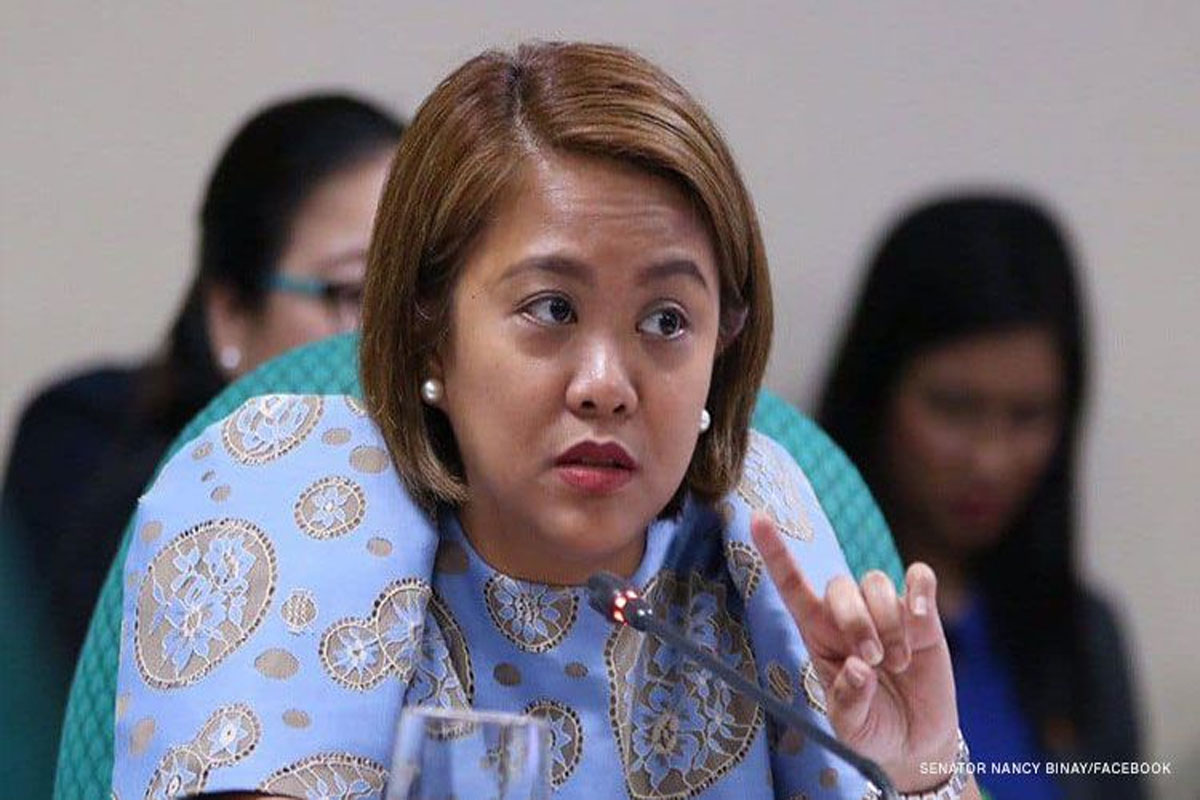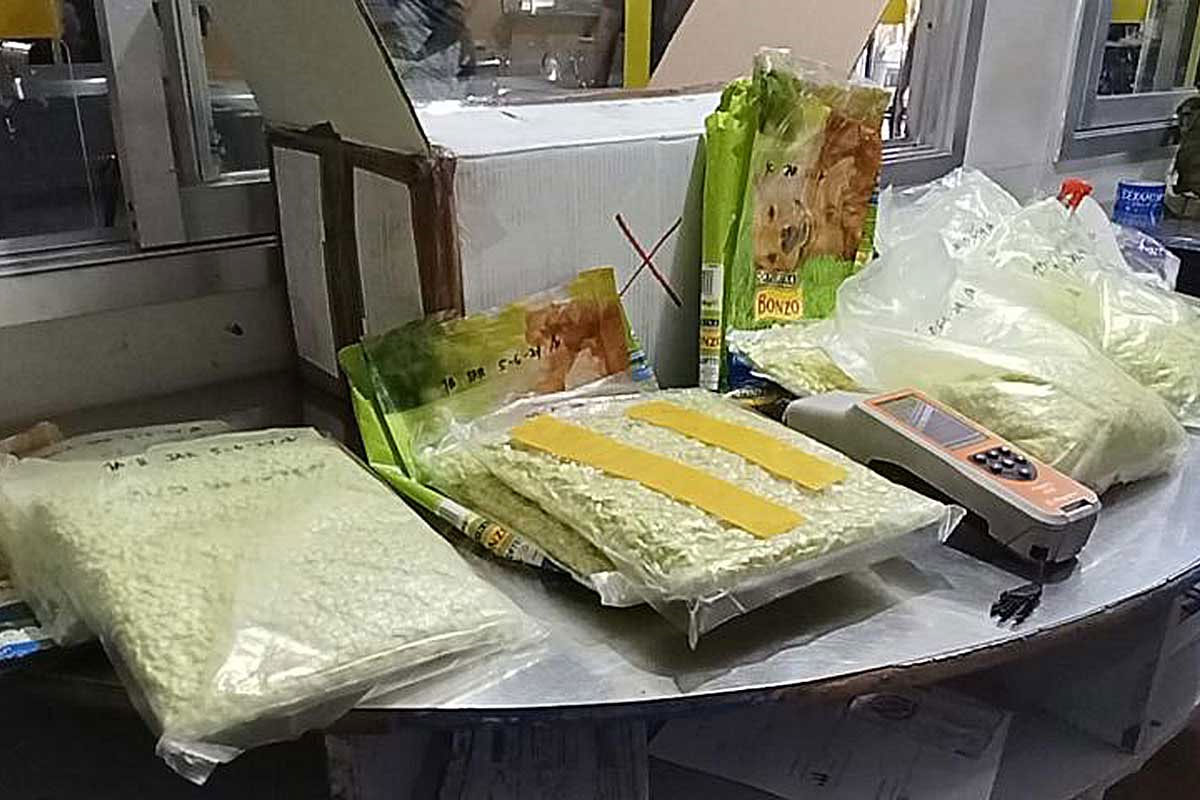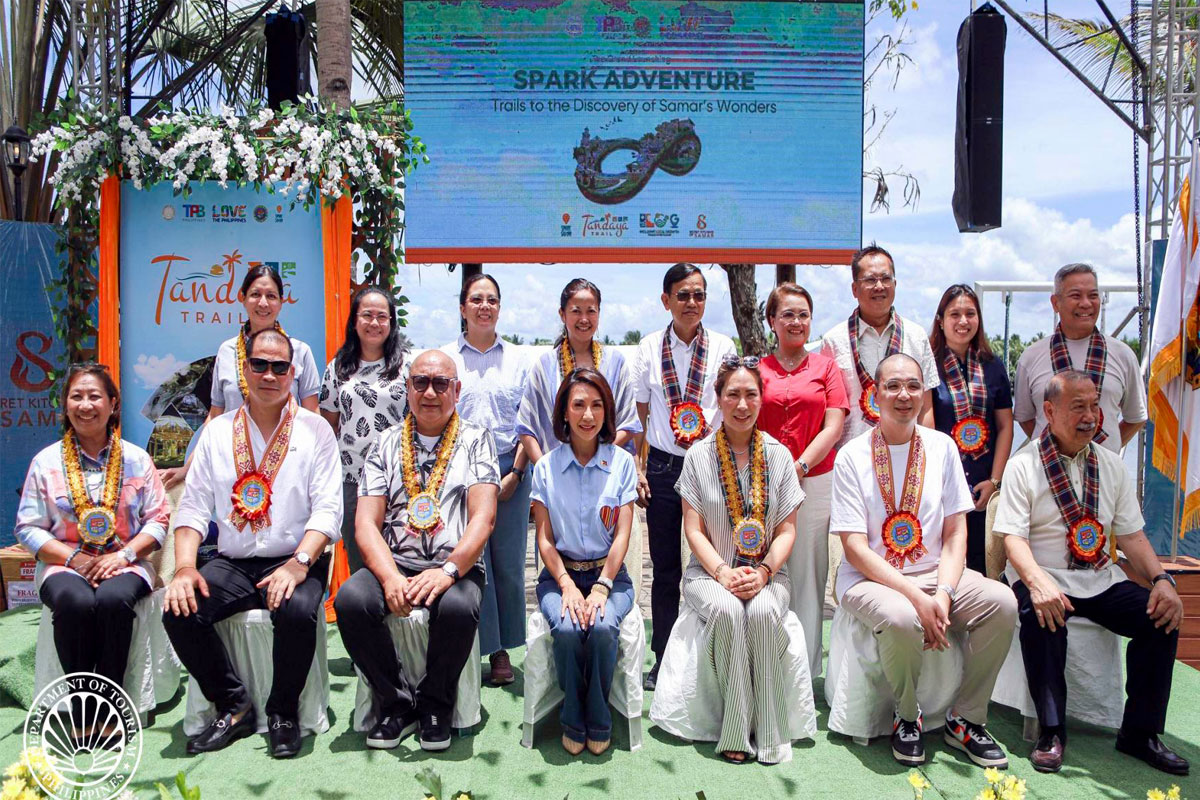
Ad firm sorry for tourism video blunder
THE advertising firm contracted by the Department of Tourism (DOT) for the “Love the Philippines” campaign has “profusely” apologized to Secretary Christina Frasco, the entire agency, and the Filipino people “for the apparent use of non-original/stock footage in the audio-visual presentation (AVP).”
In a statement on Sunday, DDB Philippines said it is taking full responsibility for the blunder.
“As DOT’s agency on record for the launch of this campaign, we take full responsibility over this matter,” the statement read. “We are fully cooperating with and assure our full compliance towards the Department of Tourism’s investigation of this matter.”
The AVP uploaded on social media on Friday has been taken down as of posting time.
It was first pointed out by blogger Sass Sasot in a Facebook post Saturday after noticing that at least six of the clips featured in the promotional video are not located in the country and were sourced from a stock video footage site.
Immediately, the DOT said in a statement late Saturday that an “exhaustive investigation” is underway “to determine the veracity of, and to gather the full faculty of facts on, these allegations.”
The DDB assured that the AVP “intended to be a mood video to excite internal stakeholders about the campaign” was produced at its own expense and no public funds were released or would be released.
“This was a DDB initiative to help pitch the slogan,” said the DDB, adding while the use of stock footage in mood videos is standard practice in the industry, the use of foreign stock footage was an unfortunate oversight.
“Proper screening and approval processes should have been strictly followed. The use of foreign stock footage in a campaign promoting the Philippines is highly inappropriate, and contradictory to the DOT’s objectives,” it said.
The DDB said the succeeding advertising materials have yet to be produced for the campaign.
“We sincerely hope this will not diminish the genuine love and appreciation the stakeholders and the public have been showing for the ‘Love The Philippines’ campaign,” DDB said.
The DOT unveiled the enhanced tourism campaign slogan “Love the Philippines” on Tuesday, replacing the 11-year-old “It’s More Fun in the Philippines” with an intent to come up with one that showcases the “Filipino brand.”
“The campaign Love the Philippines is not a mere branding campaign, but rather a call to action to every Filipino citizen to remember the beauty of our country, to honor our past, and to look forward to the future armed with the virtues, (and) values of being a Filipino,” Frasco said during the launch coinciding with DOT’s 50th anniversary celebration at The Manila Hotel.
“Love the Philippines is a recognition of our natural assets, our long and storied history, our rich culture and diversity,” she said.
SALCEDA WARNS DOT
Albay Representative Joey Salceda warned the DOT to rectify the mess on the latest tourism campaign ad at least before the budget deliberation.
Salceda said he may raise several questions to the department when the House of Representatives starts discussing the 2024 national budget.
Salceda said he was vindicated when he raised to the public his sentiment of excluding Mayon Volcano in the recent campaign video of the DOT wherein the new tourism slogan Love The Philippines was introduced.
“The whole mess with the contractor using stock footage in the promotional video proves my earliest point about the DOT either apologizing to Albay, or firing the consultant,” Salceda said.
“Clearly, the exclusion of Mayon and other tourist attractions intrinsic to the Philippine brand was just a symptom of ‘trabahong tamad’ that is now evident to everyone,” he added.
The DDB Philippines, hired by the DOT for its P49-million Love the Philippines campaign, has admitted and apologized for the promotional video blunder.
The one-minute 46-second video, shown during the 50th anniversary of the DOT, contains videos of places in Thailand, Indonesia, Switzerland and the United Arab Emirates.
DDB acknowledged the use of foreign stock footage to promote the Philippines is highly inappropriate and owned up all the blame.
According to Salceda, one lesson here is not to dismiss legitimate concerns as “political soundbites” but to listen, consult, and discuss.
“The country’s branding is reflective of our identity and aspirations as a people: what’s wrong with wanting to be represented well in that?” Salceda said.
“Since the DOT will not be apologizing (because the video, supposedly, is just a first installment), the way forward seems clear. The first video was supposedly a “mood video,” according to the contractor. For something as critical as an entire country’s image, you don’t “set the mood” with plagiarism,” he added. Philippine News Agency, Jester Manalastas




























